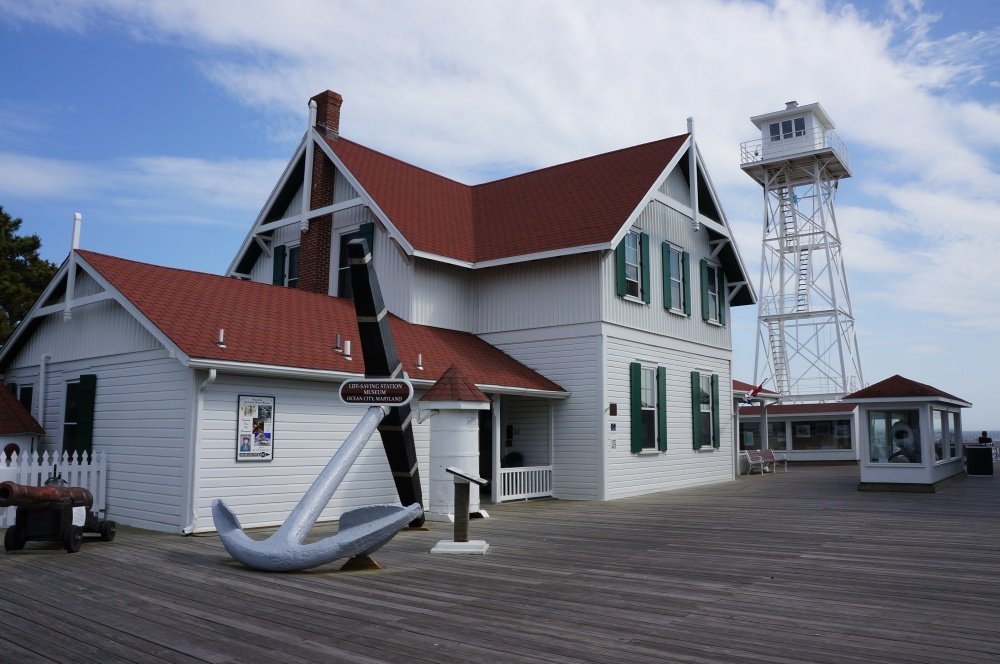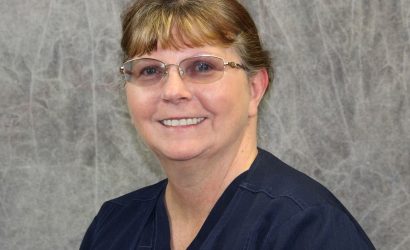When Norman Adams of Whaleyville discovered he was a good candidate for a cutting-edge clinical trial of a new device to treat the blockages in his blood vessels due to coronary artery disease, with his physician’s assurance and a little research he made the choice to enroll.
The new device is the Absorb Bioresorbable Vascular Scaffold (BVS) made by the healthcare company Abbott. Absorb™ is a small mesh tube that is designed to open a blocked heart vessel, restore blood flow to the heart and then dissolve into the blood vessel over time.
“I’m a mechanic — I could see how this thing would work,” Adams said.
So on March 14, 2013, Adams became one of the first patients in the nation to be treated with Absorb. The angioplasty procedure was performed at the Guerrieri Heart & Vascular Institute at Peninsula Regional Medical Center by Jeffrey Etherton, MD, a Delmarva Heart, LLC cardiologist, as part of the ABSORB III clinical trial.
ABSORB III is the first U.S. clinical trial to evaluate the potential benefits of Absorb in comparison to a medicated metallic heart stent, also called a drug eluting stent, in patients with coronary artery disease, a form of heart disease. One of the challenges associated with a permanent metallic stent is the potential need for long-term anti-clotting medications. The Absorb trial seeks to understand whether the risk for clots is lower once the device dissolves.
“Absorb is implanted in the artery and is designed to restore blood flow to the heart but unlike a permanent implant, it dissolves over time,” Dr. Etherton explained. “Once the scaffold dissolves, we will study how much natural vessel motion may return to the treated tissue.”
It was not by chance that the first bioresorbable scaffold on the Delmarva Peninsula was placed in a patient at Peninsula Regional Medical Center. “We’ve been involved in hundreds of clinical trials over the past 16 years,” said Steven Hearne, MD, a cardiologist also with Delmarva Heart, LLC and founder of the Delmarva Heart Research Foundation in Salisbury. “Our record and performance makes our site well-suited for a trial such as ABSORB III.”
Dr. Hearne credits his research team members — Erica Daniels, Christina Krater, Lauren Malone and Megan Brimer — with keeping the immaculate records and patient tracking required by the Food and Drug Administration, which oversees clinical trials. “It’s tightly regulated, which is good for the patient,” he said. A five-year patient follow-up is standard.
Dr. Hearne said he was eager to bring clinical trials to Delmarva so that people could benefit from the latest advances that these trials often bring. Having performed a fellowship at Duke University School of Medicine, which is nationally known for its biomedical research, Dr. Hearne said bringing clinical trials to the Eastern Shore was a natural step for him.
“Clinical trials typically have specific criteria for enrollment that patients must meet to be part of the studies and to ensure that the data gathered during the trial can be analyzed appropriately,” Hearne noted.
The clinical trial for the Bioresorbable Vascular Scaffold will eventually enroll up to 2,250 patients, mostly in the United States, who have coronary artery disease.
Adams says he was glad to take part in a trial. “I can see the benefits of learning — not just to myself, but for other people. It’s beneficial no matter what, and I saw only positive things.”









